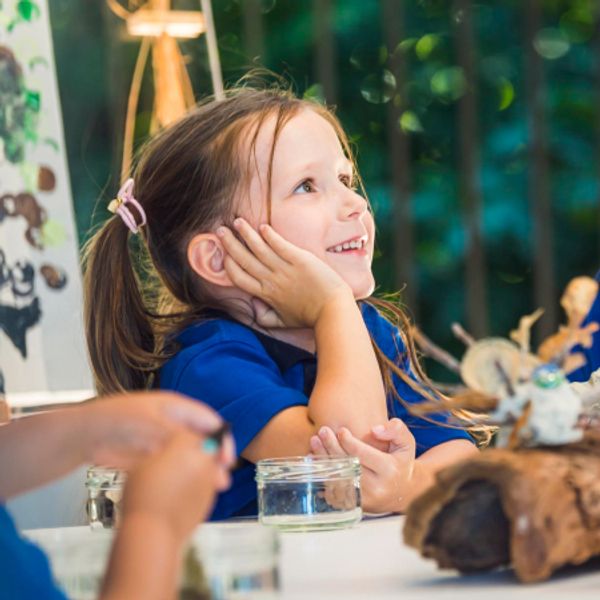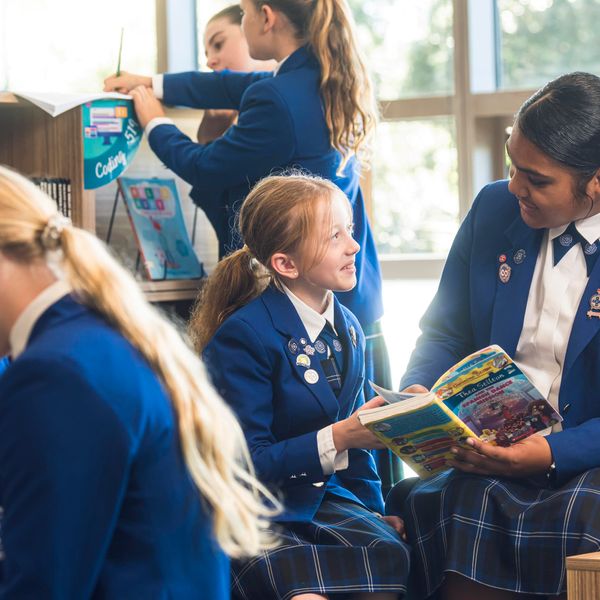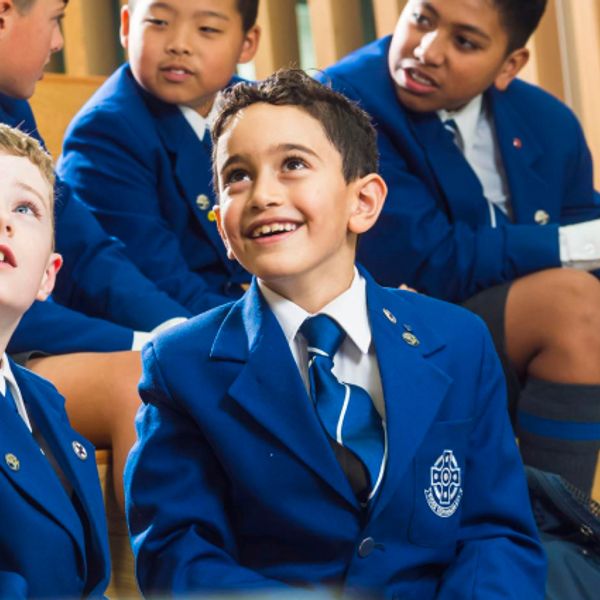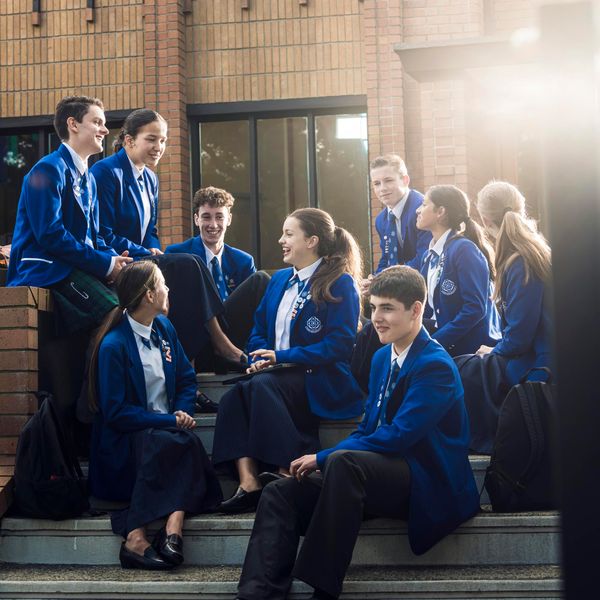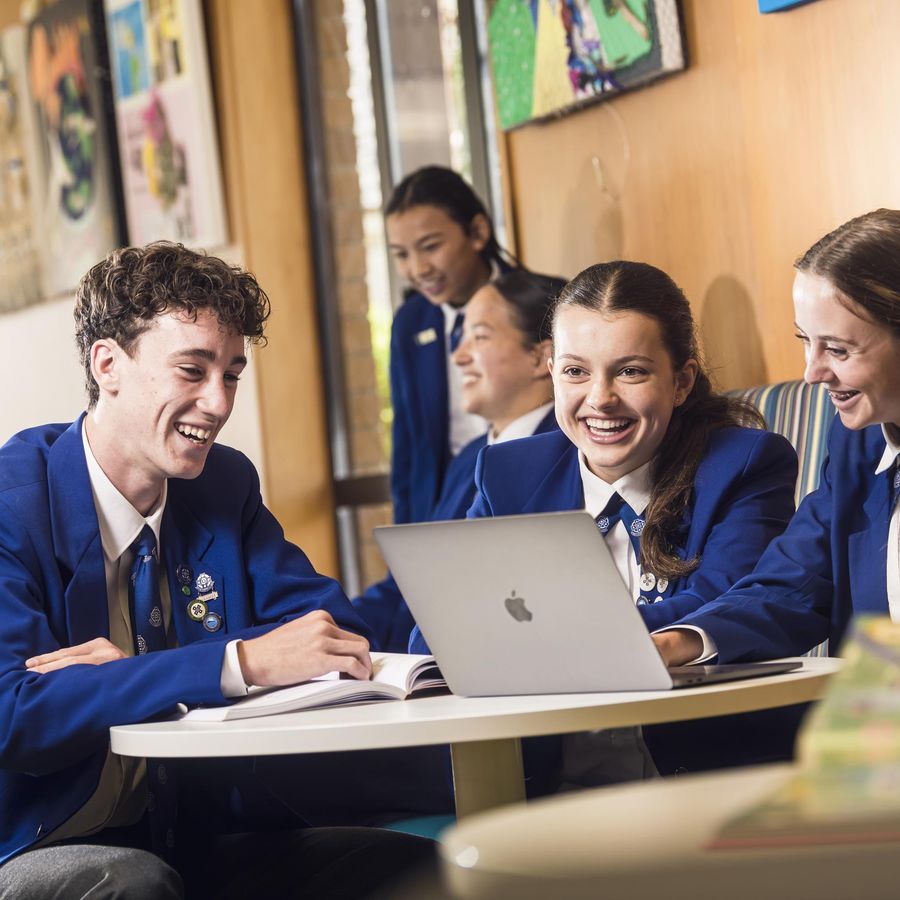At Satin Kentigern Boys' School, we shape the craftsmen and innovators of tomorrow through the transformative power of hands-on learning.
Our Hard Materials programme offers a thoughtfully structured, progressive curriculum designed to ignite creativity and develop practical skills in our students. Beginning in Year 2, students are introduced to the workshop environment where they learn the fundamentals of tool usage and safety through guided projects. This early exposure lays a strong foundation, encouraging familiarity and comfort within the workshop.
By Year 3, students transition into more independent work, where they begin to apply their skills to simple projects, such as building torpedo boats. In Year 4, students delve deeper into woodworking, crafting projects like wooden robots, and becoming more proficient with basic tools. As they advance through the programme, each year brings new challenges that are carefully designed to match their growing capabilities and interests.




The curriculum is carefully tailored to engage students with projects that resonate with their interests. In Year 5, for example, students create rubber band racers, learning about mechanics and design. By Year 6, they are crafting functional ukuleles, combining woodworking with musicality. The complexity peaks in Years 7 and 8, where students are introduced to advanced problem-solving and design projects such as constructing pinball machines and rubber band guns, requiring them to explore both form and function.
A significant feature of our programme is the integration of modern technology, such as laser cutting, which allows for the precise creation of components. This technology not only saves time but also enables students to focus on the creative aspects of their projects, adding their personal touches to pre-designed elements.
In today’s digitally dominated world, where many students have more experience with an iPad than with hands-on crafting, our Hard Materials programme offers a vital counterbalance. It provides students with the opportunity to engage in tangible, meaningful work, fostering a deep understanding of materials and tools and the satisfaction of creating something functional and enduring.



